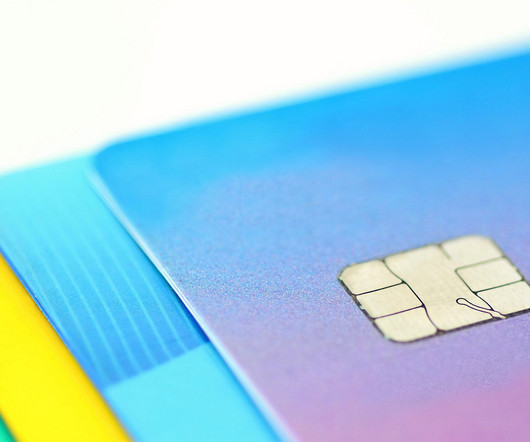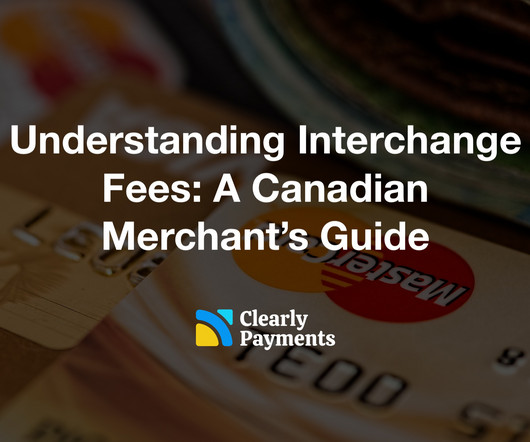EMV Chip Cards: What You Need to Know About PIN or Signature Cards and How They Work
Stax
MARCH 14, 2024
A consumer using a chip and signature card will sign for the purchase. The signature is compared with the one on the back of the card or with the signature stored in the card issuer’s system. If the signatures matches, the transaction is typically approved.










Let's personalize your content